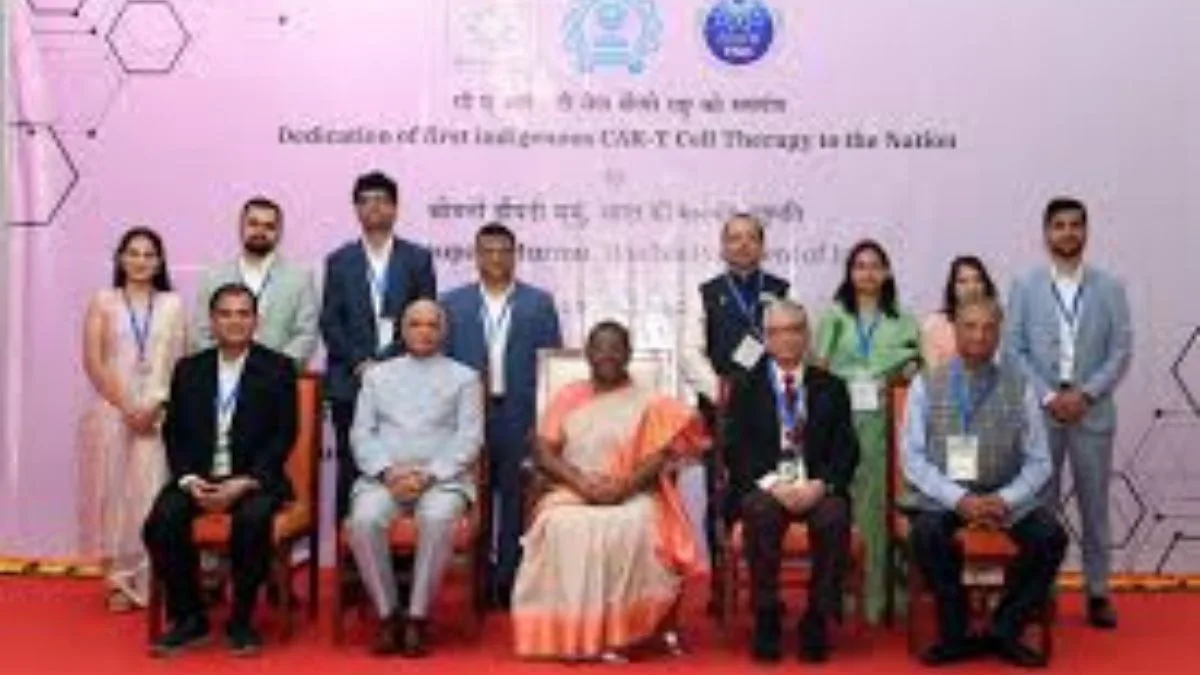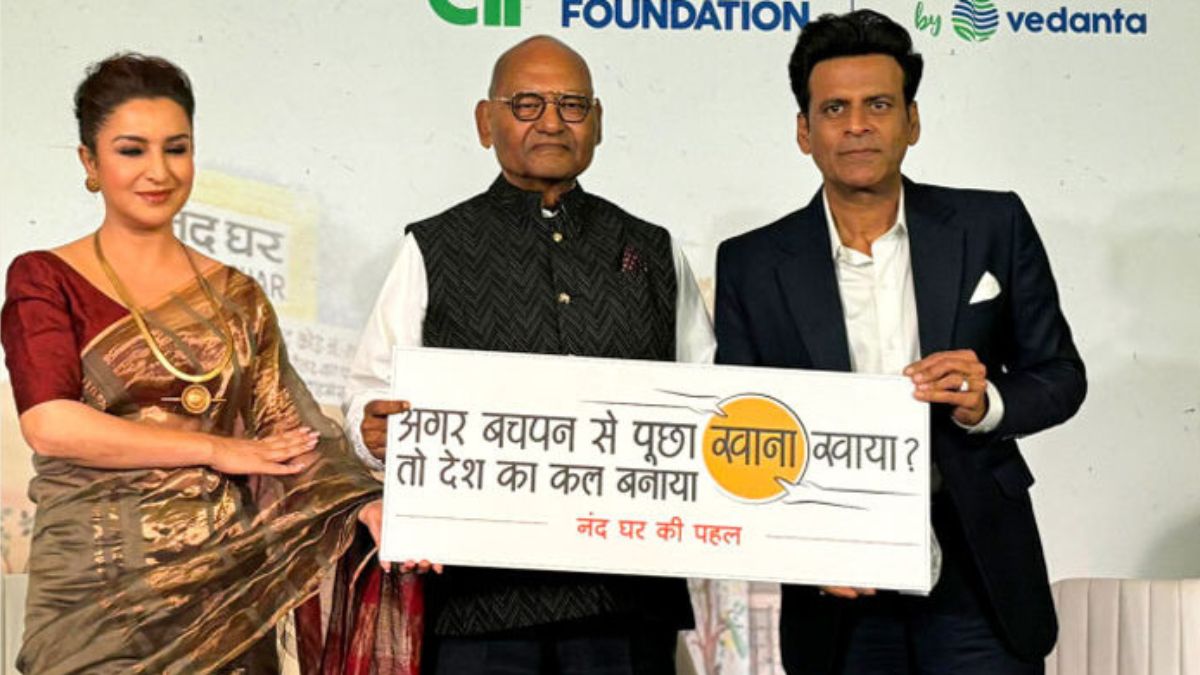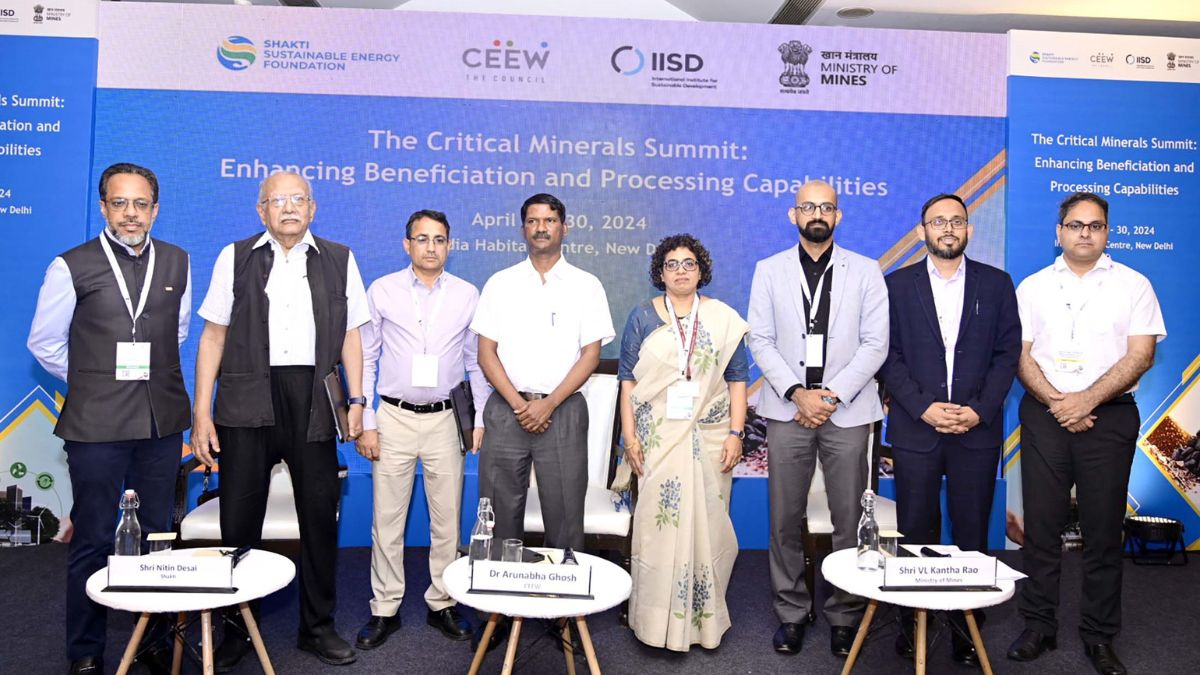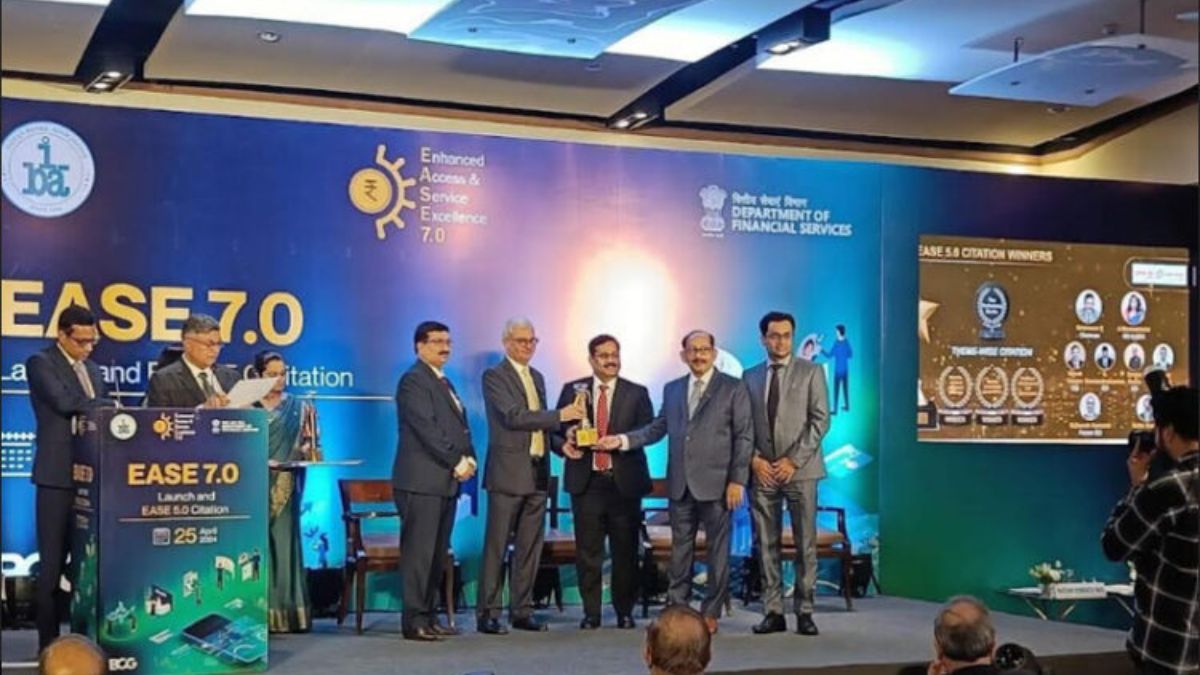PRESIDENT OF INDIA LAUNCHES INDIA’S FIRST HOME-GROWN GENE THERAPY FOR CANCER

Mumbai: The President of India, Smt Droupadi Murmu launched India’s first home-grown gene therapy for cancer at IIT Bombay today.
Speaking on the occasion, the President said that the launch of India’s first gene therapy is a major breakthrough in our battle against cancer. As this line of treatment, named “CAR-T cell therapy”, is accessible and affordable, it provides a new hope for the whole of humankind. She expressed confidence that it will be successful in giving new lives to countless patients.
The President said that CAR-T cell therapy is considered to be one of the most phenomenal advances in medical science. It has been available in the developed nations for some time, but it is extremely costly, and beyond the reach of most patients around the world. She was happy to note that the therapy being launched today is the world’s most affordable CAR-T cell therapy. She said that it is also an example of the ‘Make in India’ initiative; a shining example of the ‘Atmanirbhar Bharat’.
The President was happy to note that India’s first CAR-T cell therapy is developed through collaboration between the Indian Institute of Technology, Bombay and Tata Memorial Hospital in association with industry partner ImmunoACT. She said that this is a praiseworthy example of academia-industry partnership, which should inspire many more similar efforts.
The President said that IIT Bombay is renowned, not only in India but across the world, as a model of technology education. In the development of CAR-T cell therapy, technology is not only being put in the service of humanity, but partnerships have been with an eminent institution from another field as well as with industry. This has been made possible by the focus IIT, Bombay has placed on research and development over the last three decades. She said that with the knowledge base and skills of the faculty and students of IIT Bombay and other similar institutions, India as a whole, would benefit greatly from the technological revolution underway.











